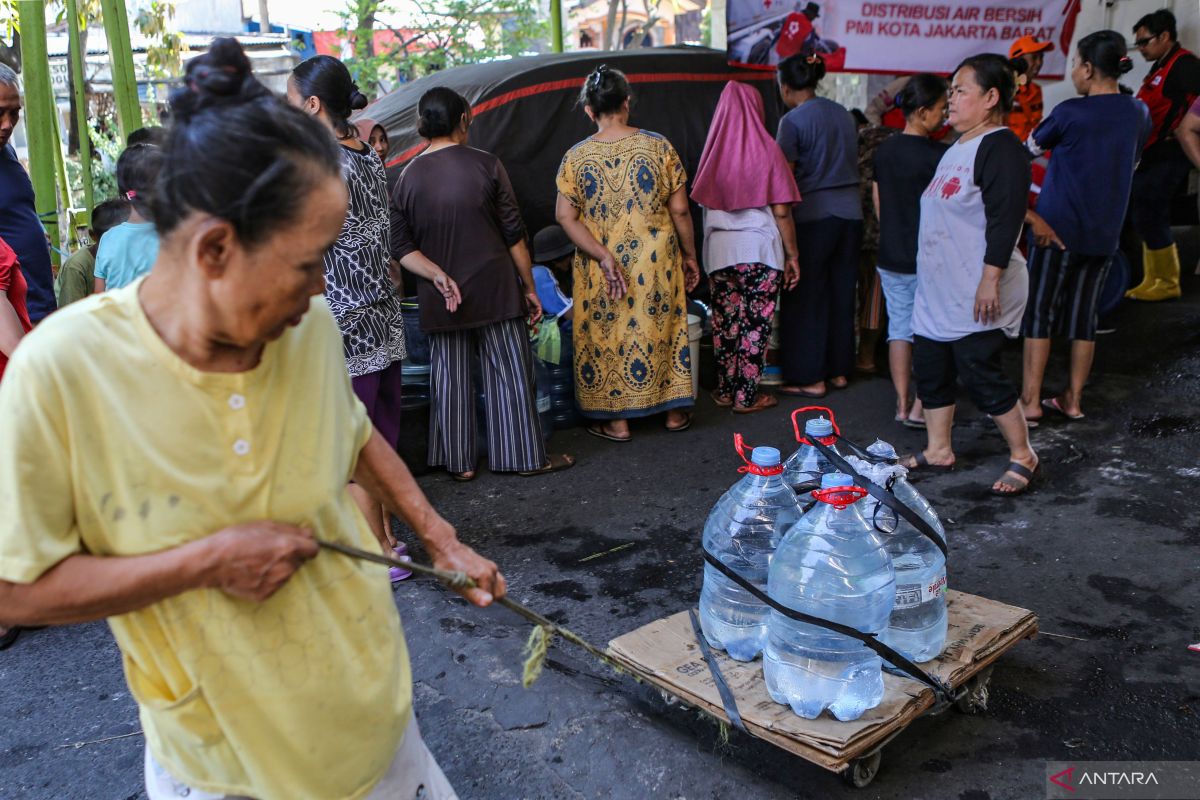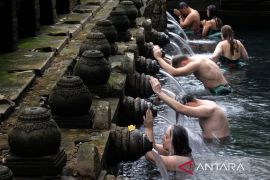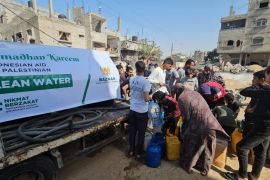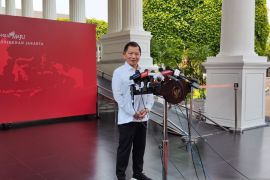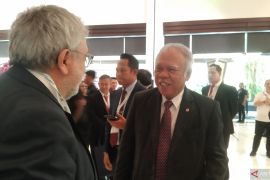"We really need to think about the availability of clean water. We are talking about the needs of the next 3.5 to 10 years," he stated in Jakarta on Wednesday.
He said that the provincial government should contemplate the new status of the Jakarta Special Region (DKJ) as it transitions to a global city after losing its capital status.
Nusantara, the new capital city of Indonesia, is currently under development in East Kalimantan.
Clean water coverage in Jakarta until 2023 had only reached 67 percent, which meant several houses still do not have access to clean water, which is a basic need, Hermawan remarked.
He expressed his belief that the issue poses a serious challenge for the provincial government, considering that Jakarta will become a global city after relinquishing its status as a capital.
He pointed out that the lack of clean water for some residents of Jakarta was further complicated by differences in water quality between areas.
"We know that in the North Jakarta area, the water tastes different from the water in West Jakarta and South Jakarta; in North Jakarta, it is a bit salty," Hermawan said.
Hence, he affirmed that the Jakarta provincial government will develop programs targeted for 2025 in the field of water supply that can have a broad and equitable impact on all residents of Jakarta.
"We want that by 2025, there will be better quality improvements in terms of management and development in Jakarta, especially equal distribution of clean water," he stated.
Earlier, the Jakarta Water Resources Department introduced six flood control measures at locations prone to flooding during heavy rains.
"These measures will be implemented and continue to minimize the impact of high rainfall," said Ika Agustin Ningrum, Acting Head of the Jakarta Water Resources Department.
The six flood control measures include building flood control infrastructure, such as reservoirs, strengthening river embankments, and building pump systems.
The others include alerting and periodically checking pump houses, water gates, and heavy equipment; alerting task forces in the field; and increasing the regional drainage capacity.
Related news: Minister emphasizes RI's commitment on sustainable water management
Related news: Indonesia to push for water funding at Bali's global forum: Official
Translator: Luthfia Miranda Putri, Cindy Frishanti Octavia
Editor: Anton Santoso
Copyright © ANTARA 2024
